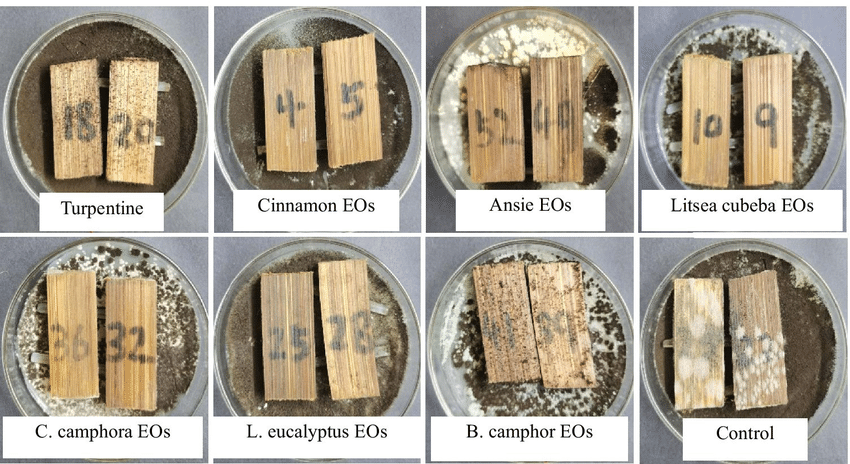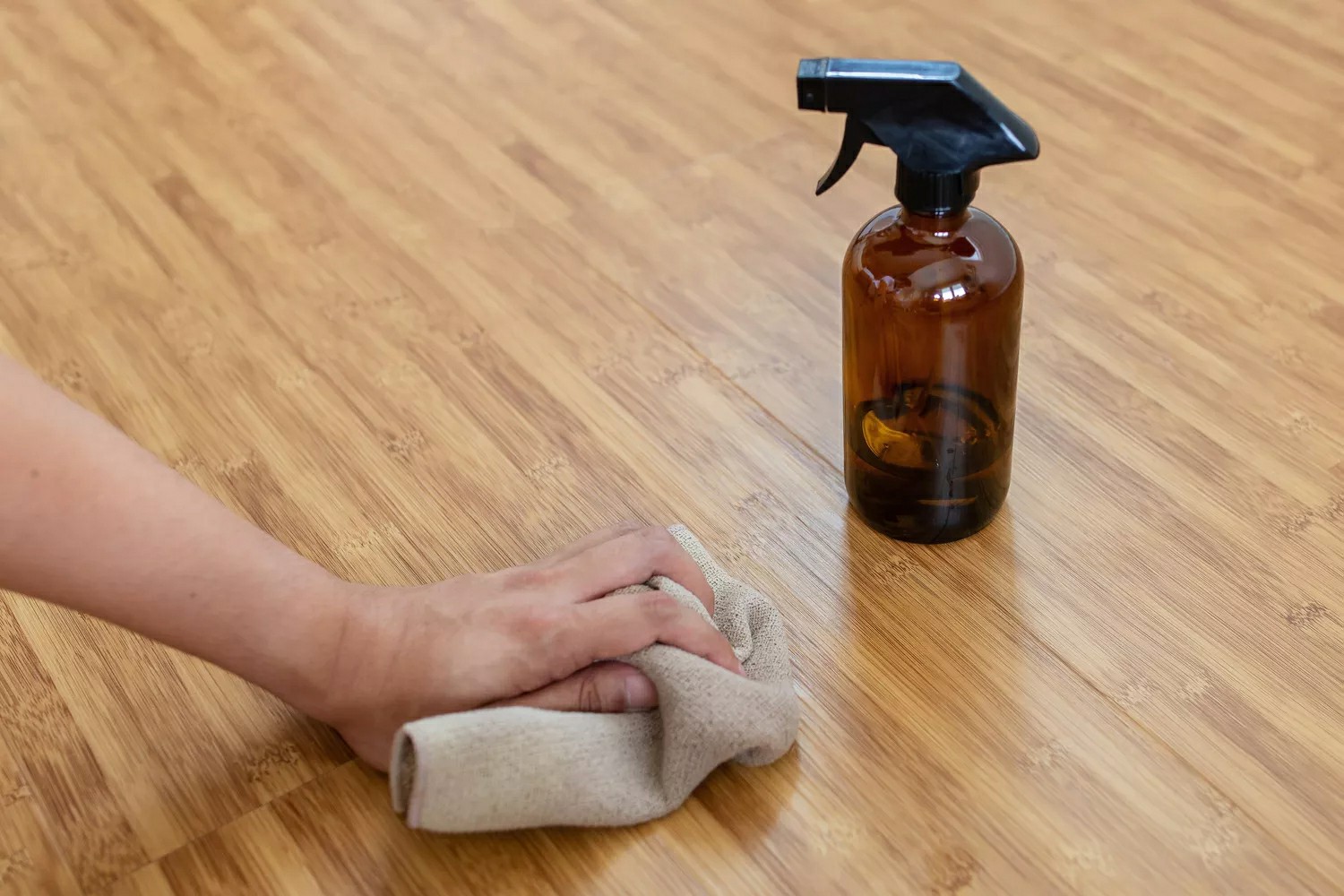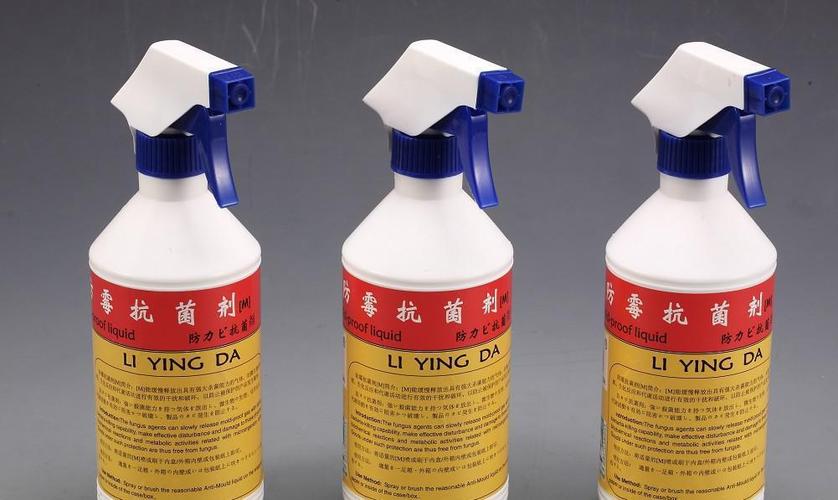Bamboo has long been celebrated for its sustainability, versatility, and eco-friendly nature. As a rapidly renewable resource, bamboo is used in a myriad of products, ranging from furniture and flooring to kitchenware and textiles. However, like any natural material, bamboo is susceptible to mold and mildew, which can compromise its integrity and appearance. To counter this issue, manufacturers are increasingly incorporating mildew inhibitors in the production process, resulting in a host of benefits for both the products and the consumers.
Enhanced Durability
Mildew inhibitors significantly enhance the durability of bamboo products. Mildew, a type of mold, thrives in moist environments and can cause bamboo to weaken over time. By adding mildew inhibitors, manufacturers can protect bamboo from fungal growth, ensuring that the material retains its strength and integrity for a longer period. This increased durability makes bamboo products more reliable and robust, ideal for use in various applications, especially in areas prone to humidity, such as bathrooms and kitchens.
Improved Aesthetics
One of the most noticeable benefits of using mildew inhibitors is the maintenance of the aesthetic appeal of bamboo products. Mold and mildew can cause unsightly stains and discoloration, detracting from the natural beauty of bamboo. Mildew inhibitors help preserve the original appearance of bamboo items, keeping them looking fresh and new for a longer time. This preservation is particularly important for products where appearance matters, such as bamboo furniture, flooring, and decorative items.
Prolonged Product Lifespan
The incorporation of mildew inhibitors extends the lifespan of bamboo products. By preventing the growth of mildew, these inhibitors reduce the need for frequent replacements due to mold damage. Consumers can enjoy their bamboo items for years without worrying about degradation caused by fungal growth. This longevity not only provides better value for money but also aligns with sustainable consumption practices by reducing waste.
Health and Safety Benefits
Mildew can pose health risks, particularly to individuals with allergies or respiratory issues. Mildew inhibitors help create safer living environments by minimizing the potential for mold growth on bamboo products. This reduction in mold exposure can lead to healthier indoor air quality and lower the risk of mold-related health problems. For families and individuals prioritizing a healthy home environment, mildew-resistant bamboo products offer an added layer of protection.
Eco-Friendly and Sustainable
Bamboo is already lauded for its eco-friendly characteristics, such as rapid growth and low environmental impact. The use of mildew inhibitors in bamboo production further enhances its sustainability. Many mildew inhibitors used today are designed to be environmentally friendly, ensuring that the process does not compromise bamboo’s green credentials. By extending the life of bamboo products and reducing the need for replacements, mildew inhibitors contribute to a more sustainable lifecycle for bamboo goods.
Conclusion
The addition of mildew inhibitors to the production of bamboo products brings a multitude of benefits, from enhanced durability and improved aesthetics to prolonged lifespan and health advantages. These inhibitors play a crucial role in maintaining the quality and appeal of bamboo items, making them a more attractive choice for consumers seeking eco-friendly, long-lasting products. As the demand for sustainable materials continues to grow, the use of mildew inhibitors will likely become a standard practice in bamboo manufacturing, further cementing bamboo’s position as a versatile and resilient resource for the future.
Post time: Jul-09-2024








